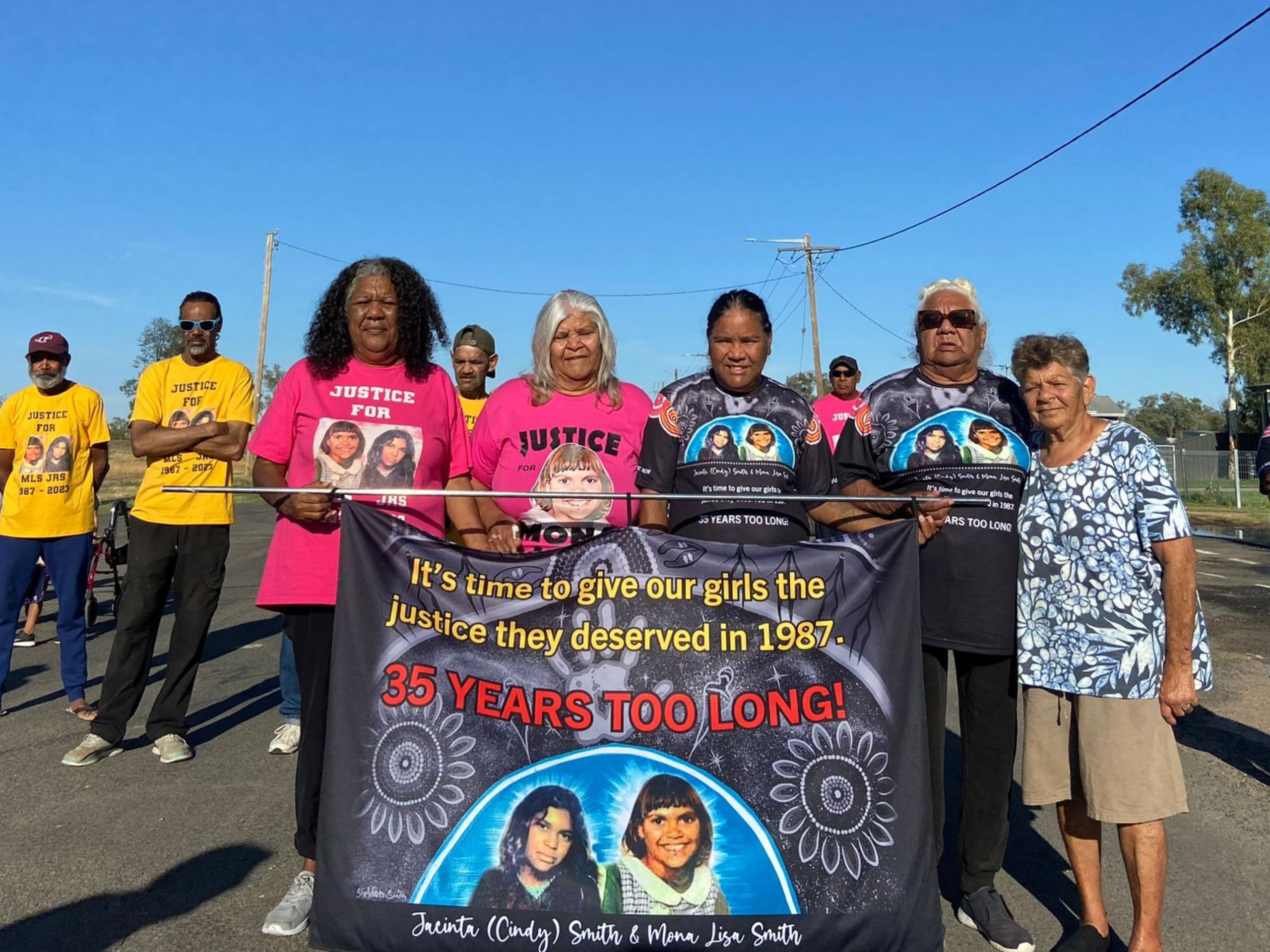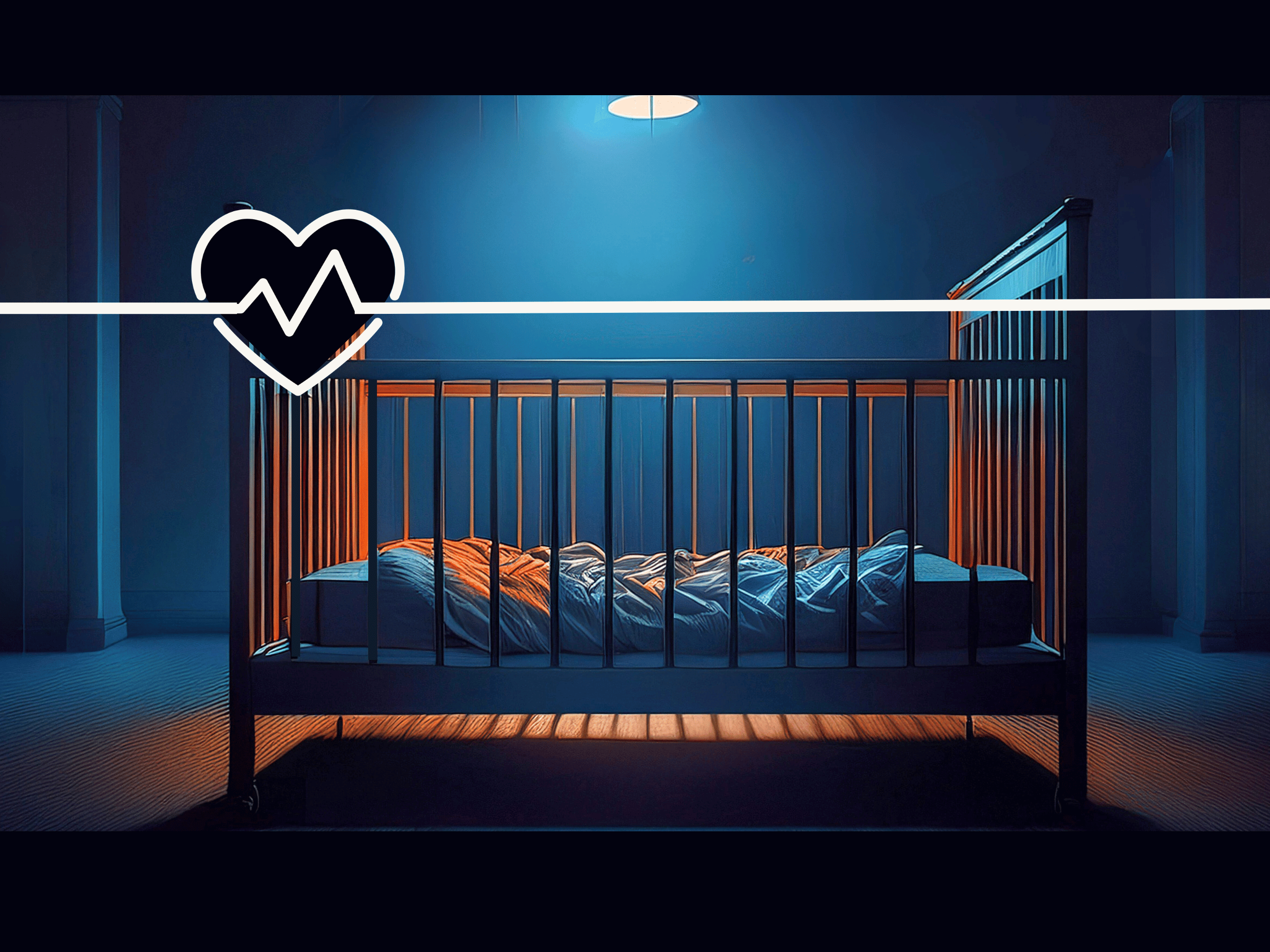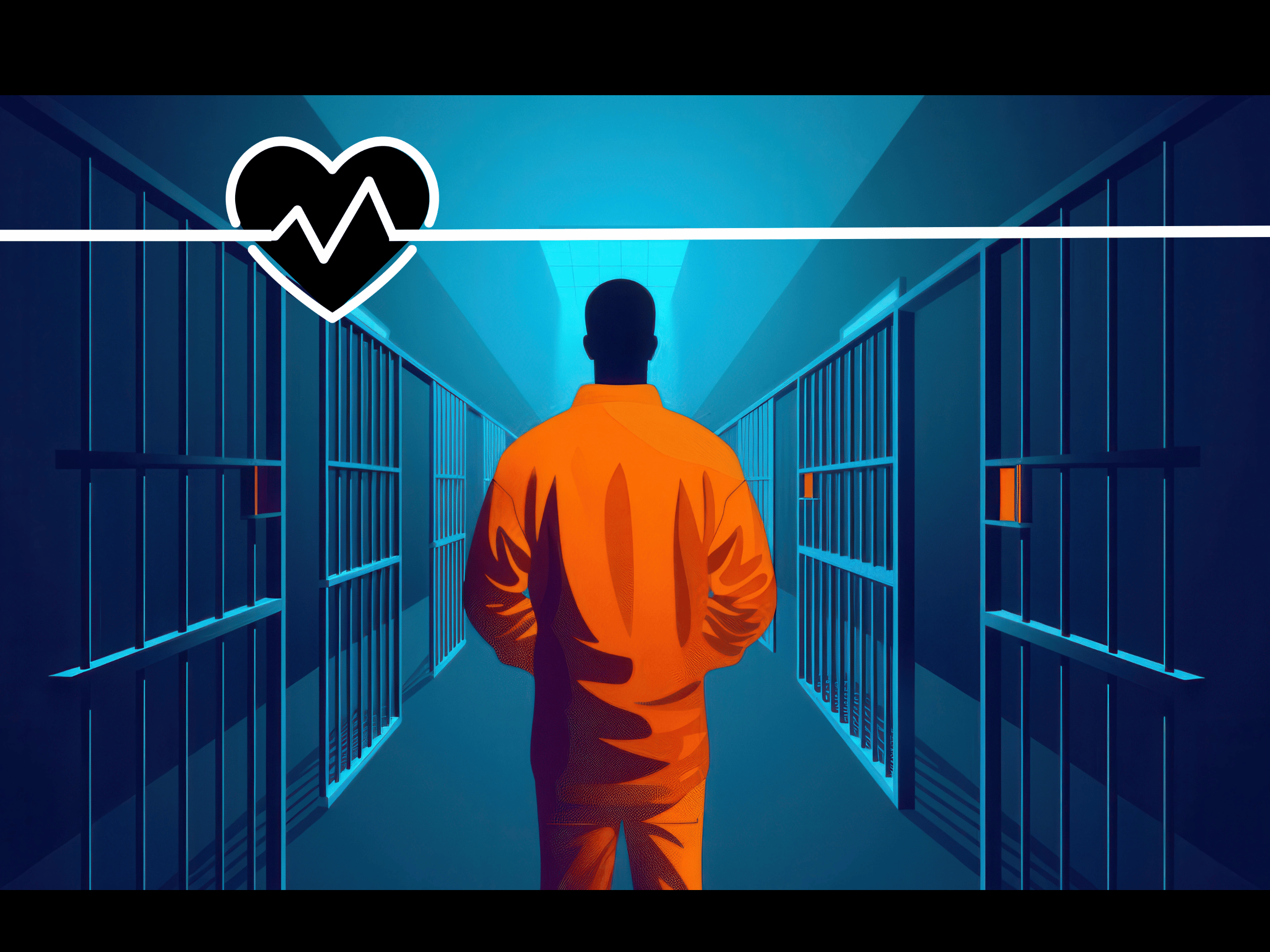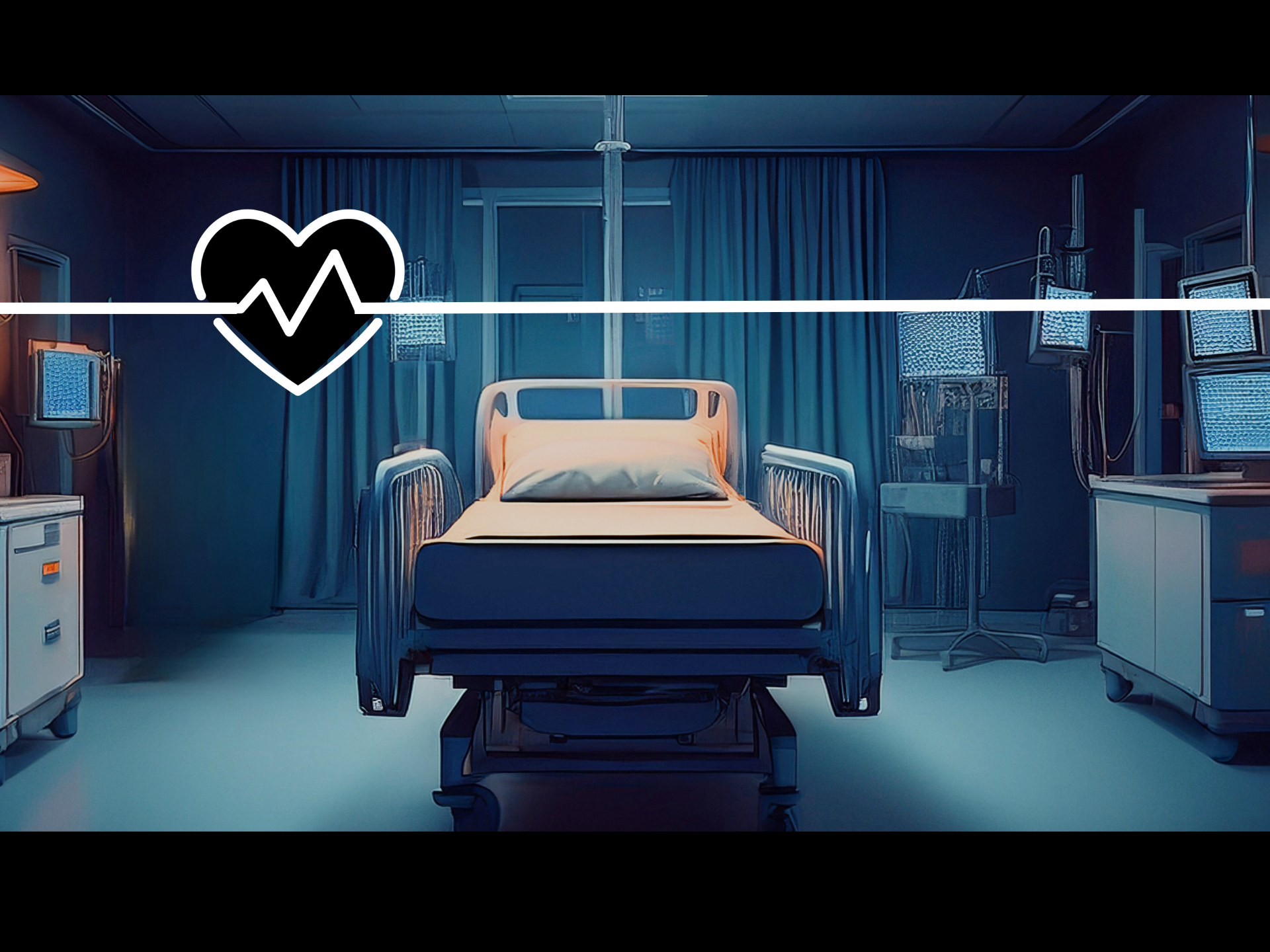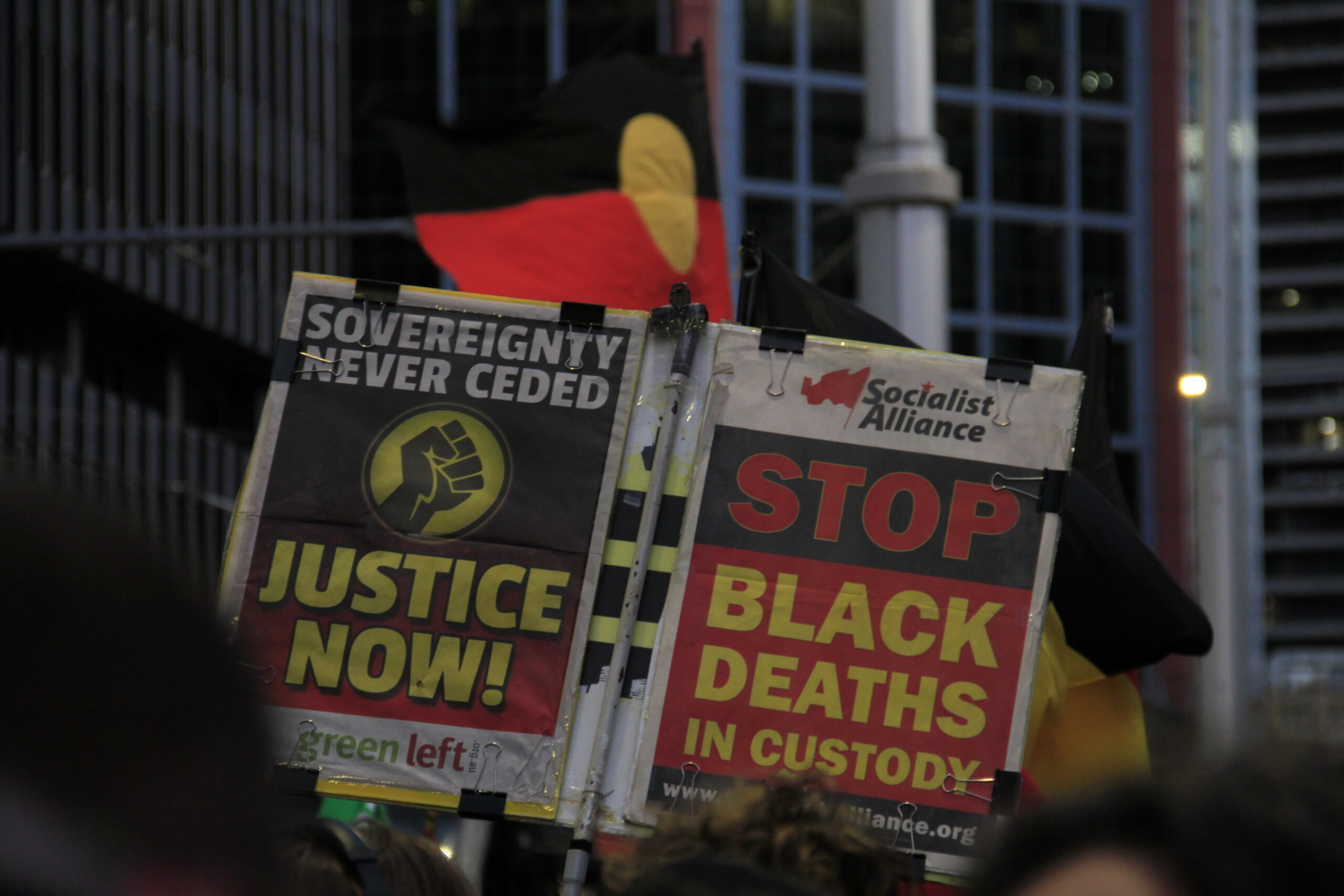Content Warning: Aboriginal and Torres Strait Islander readers are advised that this story contains images and names of a Noongar person who has passed away.
For the second time in just six months, the WA Coroner has told WA Police to rein in their use of a dangerous hold known as the ‘prone position’ when restraining people experiencing mental health crises.
The recommendation comes following the release of the coroner’s report into the death of Noongar man Roderick Narrier, who died on 30 October 2019 from cardiac arrest after he was restrained by police in the prone position for 22 minutes while experiencing a mental crisis.
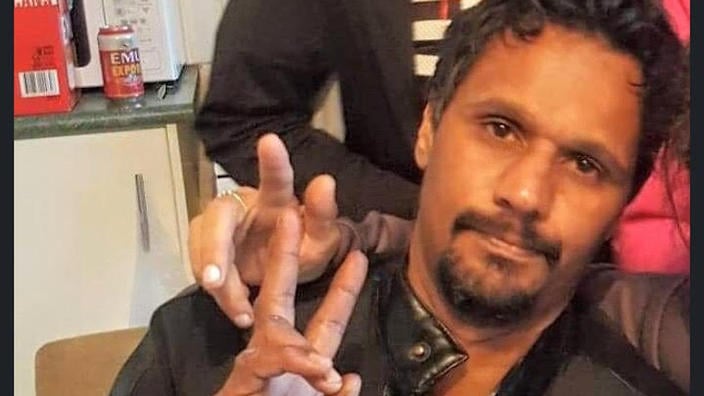
Coroner ‘worried’ and ‘troubled’ by WA Police training manual
While the WA Coroner concluded that positional asphyxia was not a factor in the cause of Roderick Narrier’s death, he stated that he “remains concerned” [221] and “troubled” [224] that the WA Police have not sufficiently updated their training manuals since the death of Ms Cherdeena Wynne, a 26-year-old Noongar Yamatji mother of three who stopped breathing while she was being detained by WA Police.
The WA Coroner repeated his recommendation, given in his April 2022 findings into the death of Ms Wynne, that the police training manual be updated to minimise the risk of causing death by positional asphyxia in the person being restrained1.
The Coroner also criticised the WA Police Internal Affairs Unit (IAU) for failing to assign the matter to a senior investigator [191], and failing to adequately investigate audio recordings of the incident [187]. He was concerned that the IAU failed to interview the four police officers involved in the incident [168].
There is no justice for his death. I believe everything went against his will at the time of his death.
Monica Narrier
The National Justice Project is disappointed that despite the Coroner’s repeated warnings against excessive use of the prone position, he did not acknowledge the role that WA Police may have played in Mr Narrier’s death by holding him in the prone position for 22 minutes. The Coroner also failed to accept the family’s evidence that they could hear Mr Narrier saying “I can’t breathe” in an audio recording of the incident.
Police should not be first-responded to mental health crises
Karina Hawtrey, the solicitor representing the family with the National Justice Project, said “To stop more needless deaths in the future, coronial inquests must investigate the systemic issues that may have contributed to a person’s death – such as the role of police as first responders to mental health crises – not just the immediate causes of death.”
“The Coroner has placed the responsibility for Mr Narrier’s death onto the deceased man himself. A person experiencing a mental health crisis should be attended to with urgent medical care, not handcuffs.”
The family of Mr Narrier have expressed grief and frustration with the Coroner’s report. Mr Narrier’s sister, Monica Narrier, said in a statement that “There is no justice for his death. I believe everything went against his will at the time of his death.”
Monica said that her brother was a healthy man who should not have died that day: “Put yourself in our shoes, how would you feel? My brother Roderick Narrier was a good man, we were very close.”
The family believes that there were serious failings not only in the police response to Mr Narrier’s mental health crisis, but in their investigation of police actions in the lead up to his death, saying: “We believe that the police and ambulance all failed their duty to protect and serve.”
If this story has caused you distress, please contact Lifeline (13 11 14) or 13YARN (13 92 76) for support.
In the media:
- ABC News, West Australian coroner makes recommendations around use of prone restraint for second time this year, Alicia Bridges


